NSW K – 10 Science Syllabus mapping for all our incursions
NSW Science Syllabus Content: A student:
STe-7DI-T
identifies digital systems and explores how instructions are used to control digital devices
STe-1WS-S
observes, questions and collects data to communicate ideas
STe-2DP-T
develops solutions to an identified need
ST1-11DI-T
identifies the components of digital systems and explores how data is represented
ST1-1WS-S
observes, questions and collects data to communicate and compare ideas
ST1-2DP-T
uses materials, tools and equipment to develop solutions for a need or opportunity
ST1-3DP-T
describes, follows and represents algorithms to solve problems
Science and Technology K–6 Syllabus(Implementation from 2027)
For explanatory points & implementation advice for each dot point, please visit the NESA Science and Technology K–6 Curriculum site
STE-PQU-01
poses questions based on observations to collect data
ST1-PQU-01
poses questions based on observations and information to investigate cause and effect
ST1-DAT-01
collects, represents and uses data to identify patterns and relationships
ST1-PQU-01
poses questions based on observations and information to investigate
NSW K – 10 Science Syllabus mapping for all our incursions
Print a PDF which details K to 6 mapping of all our science visits
NSW Mathematics Syllabus Content:A student:
describes and compares lengths and distances using everyday language (MAe-9MG)
MAO-WM-01
develops understanding and fluency in mathematics through exploring and connecting mathematical concepts, choosing and applying mathematical techniques to solve problems, and communicating their thinking and reasoning coherently and clearly
Victorian F – 10 Digital Technologies Curriculum
Identify and explore digital systems (hardware and software components) for a purpose (VCDTDS013)
Follow, describe and represent a sequence of steps and decisions (algorithms) needed to solve simple problems (VCDTCD017)
Victorian F – 10 Science Curriculum
Respond to and pose questions, and make predictions about familiar objects and events (VCSIS050)
Participate in guided investigations, including making observations using the senses, to explore and answer questions (VCSIS051)
Compare observations and predictions with those of others (VCSIS054)
Print a PDF which details P to 6 mapping of all our VIC science visits

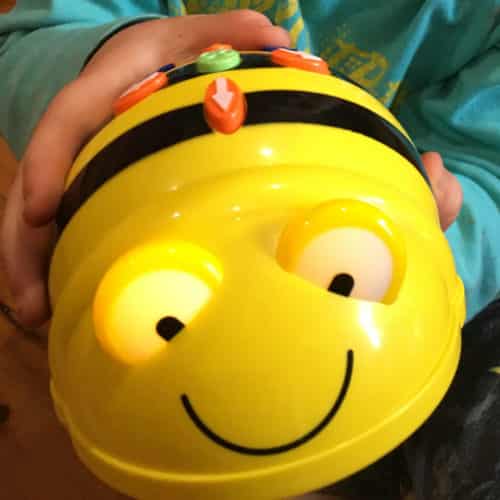
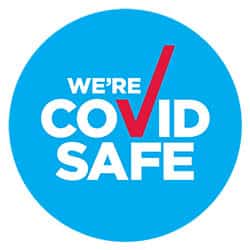
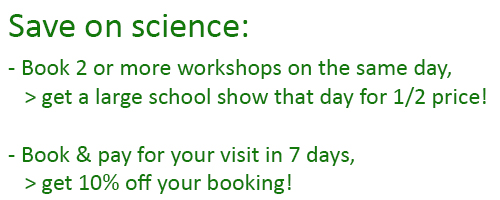













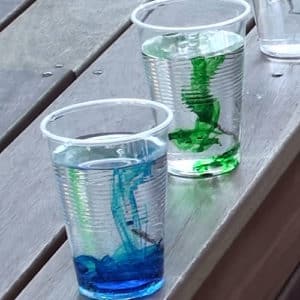
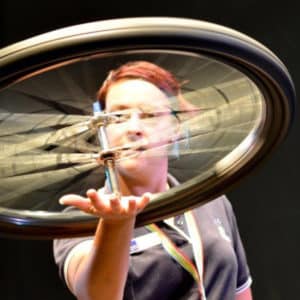
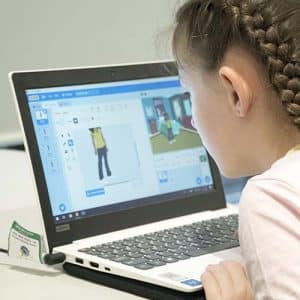




I just wanted to pass on how much the staff and students really enjoyed it and how perfect it was to launch our science week activities. The students were enthralled, educated and entertained – a perfect trifecta!
-Caulfield Grammar School – Big Science Big FunThanks so much for presenting at our school on Monday. Our students enjoyed the show.
-Greenvale Primary School – Big Science Big FunFizzics Education curated a thoughtful and hands-on experience for the children, incorporating practical, skill-based learning activities and followed by a science presentation at the end of the event involving liquid nitrogen. This was delivered safely and effectively, capturing both the children and the parents for the duration of the presentation.
-Macquarie Bank – Family Fun DayFizzics Education ran a show today at our school and it was wonderful. He was a great facilitator and the show was age appropriate and well done.
-Mount Zion Early learning centre – Little Science Big FunI just wanted to pass on how much the staff and students really enjoyed it and how perfect it was to launch our science week activities. The students were enthralled, educated and entertained – a perfect trifecta!
-Caulfield Grammar School – Big Science Big FunThanks so much for presenting at our school on Monday. Our students enjoyed the show.
-Greenvale Primary School – Big Science Big FunFizzics Education curated a thoughtful and hands-on experience for the children, incorporating practical, skill-based learning activities and followed by a science presentation at the end of the event involving liquid nitrogen. This was delivered safely and effectively, capturing both the children and the parents for the duration of the presentation.
-Macquarie Bank – Family Fun DayFizzics Education ran a show today at our school and it was wonderful. He was a great facilitator and the show was age appropriate and well done.
-Mount Zion Early learning centre – Little Science Big Fun